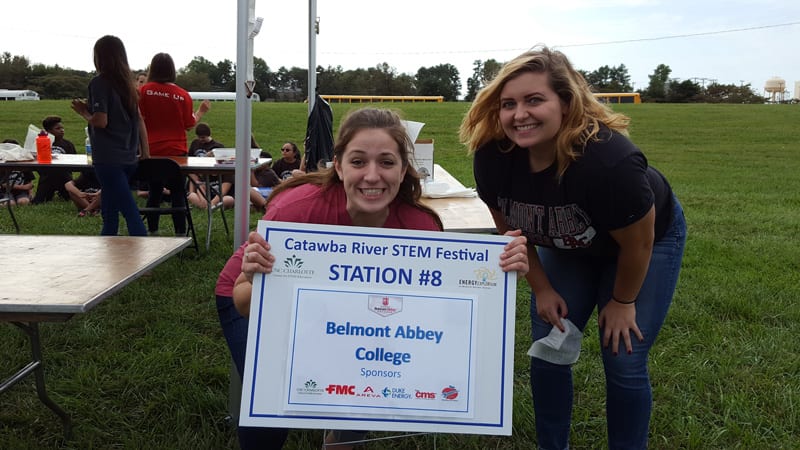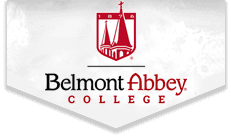


How does a new prospective teacher learn to teach? How do teacher candidates learn to teach students of varying personalities, abilities, and challenges? Enter the Belmont Abbey College Department of Education, providing real-life experiences with real students to our future teachers.
For the past several years Belmont Abbey College teacher candidates have had the privilege of joining two excellent science programs that involve local elementary students–the Catawba River Festival and Super Science Nights. This past fall, students in our ED 409 Science Methods of Teaching course attended these events and gained valuable experience. Through these programs, our teacher candidates saw the importance of informal science in student learning and how educational theories come to life when they engage with students.
In the Super Science Night, the activity was “Stomp Rockets.” Fifth-grade students learned to focus on force and motion and designed rockets to travel as far as possible. Our BAC future teachers assisted students with the stomp rockets using PVC pipe and recycled soda bottles to force air to the rockets. The Fifth-grade students built the rockets out of paper and tape, using different designs to solve this scientific problem.
At the Catawba River Festival, over 500 fifth grade students from Charlotte-Mecklenburg Schools (CMS), Gaston County Schools, private, and charter schools joined together to learn about the significance of clean water. The fifth-grade students, facilitated by BAC teacher candidates, cleaned polluted water and then they discussed why it so important to maintain clean waterways.
Dr. Judith McDonald, Belmont Abbey College faculty member, actively participates in several state-wide science organizations and is a former science coordinator at CMS. She provides professional development for local and regional teachers, helping them further develop content knowledge and instructional skills she brings to future teachers at the Abbey.
“Having our Abbey students participate in the Catawba River Festival and Super Science Nights brings theory and instruction alive for them,” said Dr. McDonald. “It allows our students to see the importance of informal science learning and the fun associated with engaging, authentic science experiences for elementary students. Our students give 120% at these events and all the classroom teachers associated with the events are always impressed with them.”
Our Abbey students aren’t just impressing Dr. McDonald – She tells us, “During the Super Science Night, the principal of Lake Wiley Elementary School witnessed the Stomp Rockets, and was very impressed with our teacher preparation students. She could see how their enthusiasm and skills helped students connect science with the real world while having fun doing it! These real-world experiences are just one way the Belmont Abbey College Department of Education is preparing the next generation of teachers.”





